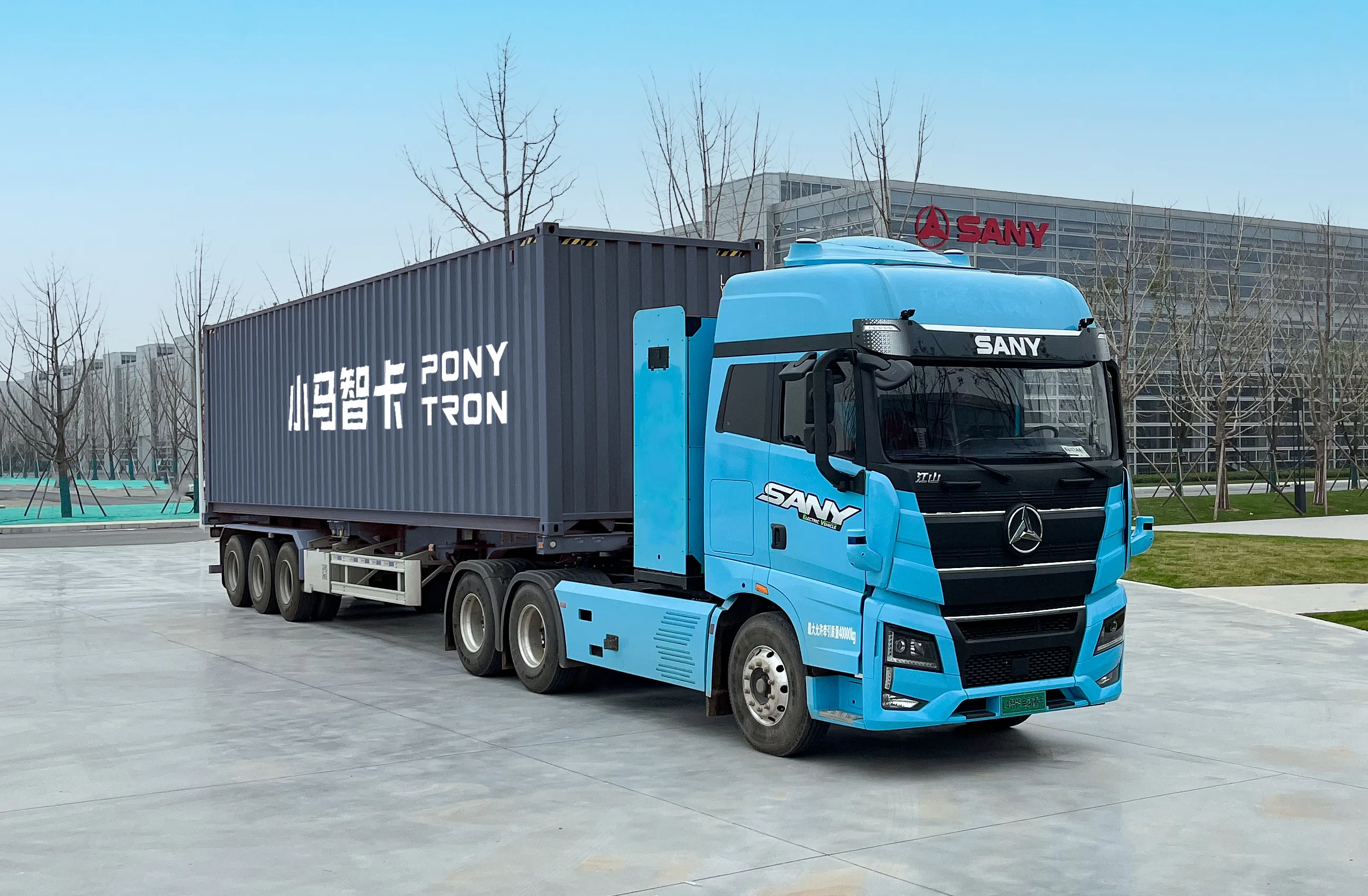The solution will be built on Nvidia’s full software stack for sensor processing, perception, map localisation and path planning to enable a range of autonomous driving applications such as public transit and freight transport.
The contract includes accelerated computing technology in the data centre for training deep neural networks, large-scale simulation for hardware in the loop testing and validation of autonomous vehicle (AV) systems. It also covers the deployment of the Nvidia Drive platform in the vehicle running the full software stack for 360-degree sensor processing, mapping and path planning.
Both companies will focus on developing an autonomous driving system planned for commercial pilots - and later in commercial offerings - from Volvo.
Volvo and Nvidia to develop AV decision-making system
Volvo has partnered with Nvidia to develop a decision-making system which it says will allow autonomous commercial vehicles to operate safely on public roads.
The solution will be built on Nvidia’s full software stack for sensor processing, perception, map localisation and path planning to enable a range of autonomous driving applications such as public transit and freight transport.
The contract includes accelerated computing technology in the data centre for training deep neural networks, large-scale si
July 16, 2019
Read time: 1 min
Related Content











